US Presidential Election 2020
Published:
2020-10-26 17:22:58 BdST
Update:
2026-01-26 13:27:36 BdST
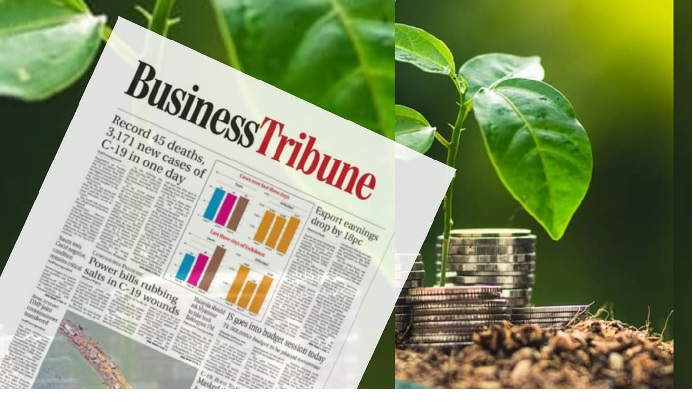
Now that the Presidential debates are over, the public debates on whether there will be a change in the White House come November gathers momentum. Opinion polls give Democratic Party nominee and former Vice President Joe Biden a sizeable lead, importantly, in what the Americans call, "battleground" states. These are the ones that made the difference for current incumbent Donald Trump in 2016. Even Trump's favourite media outlet, Fox News, gives Joe Biden a ten percentage point lead. In normal times such a scenario so close to election day would have been enough for the candidate in front to feel comfortable. But these are not normal times.
America today is torn by an unprecedented degree of toxic social and political polarisation amidst a massive pandemic that shows no sign of letting up. In addition to disrupting normal life, Covid-19 has shaken the US economy that does not look like stabilising anytime soon.
Past American presidential elections have usually been dominated by the promises the candidates made on what impact their respective socio-economic policies would have on the lives of the average citizen. At times, but rarely, have foreign or security issues played a decisive role. The election of 2004, of course, was an exception when the terror attacks on September 11, 2001 impacted heavily on the minds of a frightened electorate. None of this feature prominently in this election. This time it is healing a fractured society and the impact of a microbe, that has dominated the discourse leading up to election day on November 3.
At the beginning of the year when the Democratic Party was in the process of nominating its candidate to take on President Trump in November, the common belief, both in the US and outside, was that the president would have little difficulty in winning a second term. This despite the fact that by then his words and actions had already began to cause severe divisions in the American society, that he was hell bent on doing away with President Barack Obama's popular Affordable Care Act, also known as Obamacare, that he had already angered the mainstream US media, that key administration personnel were being rotated or removed at a pace that made the White House resemble a fast moving revolving door, that he had weakened America's historical close ties with its traditional allies abroad, that he had pulled the US out of any dialogue on critical issues like the Iran Nuclear Deal, climate change and had publicly ignored the real threats posed by global warming.
His strength had been a sustained growth of the country's economy, his dogged commitment to reshaping existing US trade agreements and arrangements with a number of countries, importantly, China and, to a lesser extent, Canada and Mexico. Most importantly, his rallying cry to put "America First" and to "Make America Great Again" resonated deeply with large segments of the country's population. This was mainly the young, white non-college educated groups who constituted a very decisive part of the voters in some key States. His strong resistance to strengthen gun control laws despite a sharp rise in gun related violence, made him a hero with America's powerful gun lobby. All these groups had morphed into a solid base for him that apparently looked impregnable. He drove home the point that the decision making culture in Washington was outdated and needed major reforms. His strong anti-immigration stance also appealed broadly. He has been consistently reluctant to condemn white supremacists. His appeasement of the powerful Jewish lobby led him to move the US Embassy in Israel to Jerusalem, thereby validating Israel's policy of military occupation and annexation of Palestinian land.
Then the dreaded coronavirus landed on America's shores in March, although reports now suggest that signs of the virus had already become evident in America as early as January and February. Initially President Trump tried to downplay the seriousness of the threat and publicly pronounced it would disappear soon, ignoring the fact that by then the situation in Europe was already assuming alarming proportions. Trump also claimed that America was too strong to be seriously inflicted by it. But within days and weeks the virus began to spread like wildfire almost all across the country. As the administration began putting together special task forces consisting of doctors, scientists and other related experts to address the threat, lockdowns, quarantines and stay at home orders in cities and states big and small had become the norm. Educational institutions were shut down indefinitely and hospitals and their staff began to get overwhelmed by the daily inflow of patients, made worse by inadequate testing facilities. In the meantime, the economy was coming under serious stress as layoffs, job losses leading to rising unemployment and shutting down of international flights began to take a toll in a manner not seen before. The United States, like most other countries across the globe, was in serious trouble. The World Health Organization declared coronavirus as a pandemic.
While President Trump could not be blamed for the outbreak of the pandemic itself, he was nevertheless coming under increasing criticism for continuously trying to play down the pandemic and its potential negative impact on the country, not just on the economy, but importantly on its over stressed healthcare facilities. The president's stressing on the need to open up the country even when cases of infections and deaths from the pandemic continued to rise exponentially, raised further questions on his understanding of the seriousness of, or his preparedness to combat, the disease. That is when things began to come undone for him.
His opponents began a systemic campaign to focus on the president's "uncaring" attitude, manifested by his refusal to advocate wearing basic protective items like face-masks or maintain social distancing. As the attacks on his handling, or the lack of it, mounted, President Trump chose to up the ante by ignoring the dangers posed by a serious health issue and challenging science and scientists. The Democrats seized on this and put the president on the defensive. As opinion polls began to turn against him, President Trump began showing signs of desperation, made worse when he himself, and the First Lady, tested positive shortly following a disastrous first presidential debate performance and the president needing a brief period of hospitalisation.
With the elections being only a few days away, Joe Biden has sharpened his attack on the Trump Administration's inability to effectively combat the wild spread of Covid-19 and has called this election as one for "retaking the soul of America" and the imperative need to erase the corrosive socio-political polarisation in the country. These are the narratives on which he is building his election platform. The opinion polls reflect that the Democratic party's playbook is working, as evident from the massive numbers of early voters, and counting, most of which are assumed to be voting for Joe Biden. But opinion polls, after all, are a snapshot and can shift rapidly.
Trump is already trying to convince his base that early and postal voting is a flawed process and is saying that the election will be rigged against him. He has also not stated clearly whether he will concede if the results went against him and has not ruled out the possibility of referring the matter to the Supreme Court for a ruling.
The answer to the question in the title is, yes, Joe Biden can win. For that to happen though, the Democratic Party strategists need to remain focused, not lull into a state of complacence and to target the Electoral College votes in States that Hillary Clinton needed to win in 2016. They need to be engaged full time in plugging every possible hole between now and election day. For Biden and his team, this is the main challenge. In the meantime, President Trump's perceptible acts of desperation and a sharp increase in vitriolic decibel against the media and medical experts alike fail to mask a sense of realisation that neither time nor tide may be on his side this time.
Shamsher M Chowdhury BB is the former Foreign Secretary of Bangladesh and former Ambassador to the United States.
Topic:
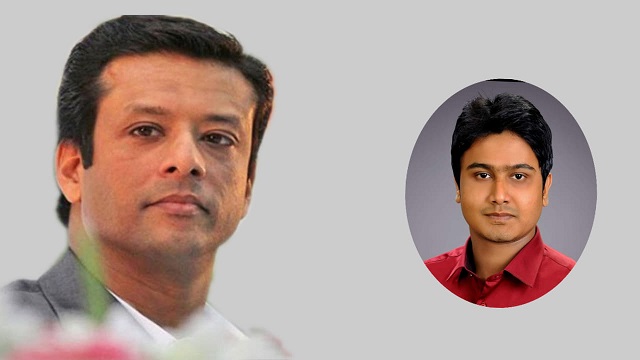
Sajeeb Wazed Joy, a visionary leader of Digital Bangladesh
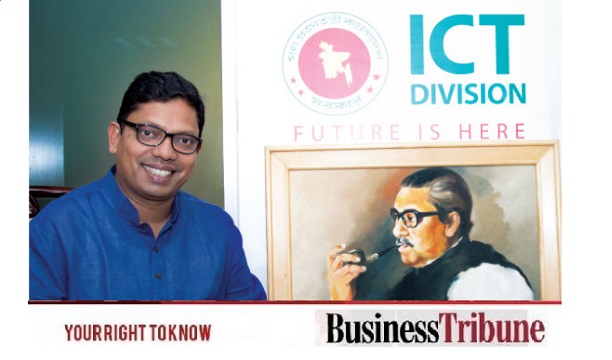
How Digital Inclusion made Bangladesh a Standout South Asian Economy
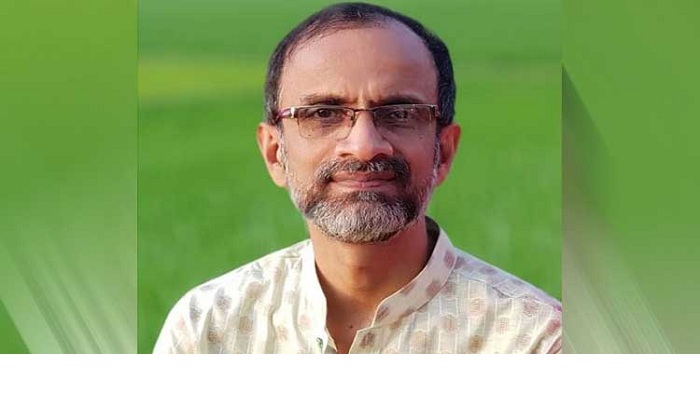
'OSD' Additional Secretary of Railways Mahbub Kabir Milon
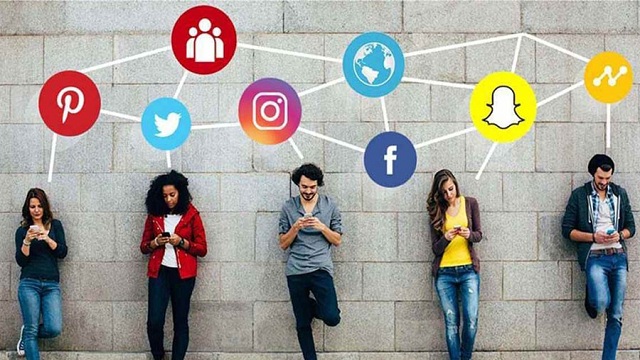
Impact of social media on young generation
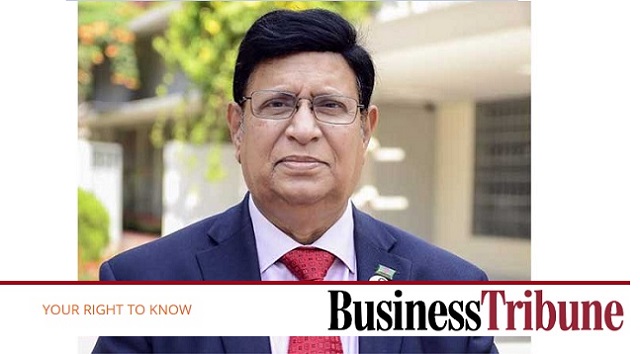
Economic potential surrounding seaports
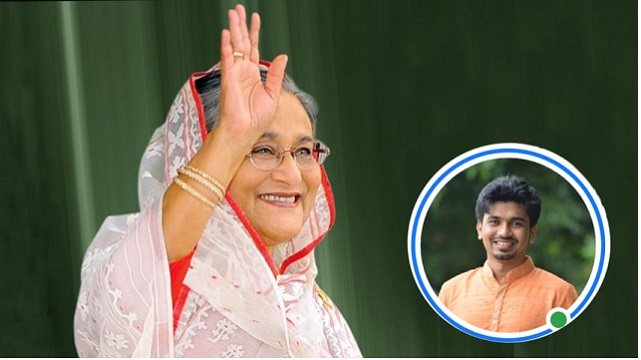

Leave your comment here: